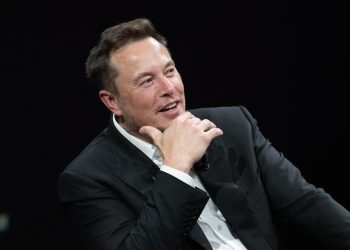Surveys show US millennials believe future technology can create jobs, adults worry.
Will robots and automation take over the human workforce?
As the 2017 World Economic Forum (WEF) annual meeting took place, many surveys were conducted to unveil what millennials –the dominating population in the workforce by 2025– believe will happen with automation and robots invading workspaces.


One with the most interesting findings came from the WEF Sharpers Survey, which was passed around 31,000 students from ages 18 to 35 across 186 countries.
It proved millennials feel optimistic on the impacts of automation and future technology, as tech trends may improve education, healthcare, productivity in industries such as manufacturing, importing and data analisis.
Robots and automation are real and so is the fear
Despite optimism and hope from millennials, U.S. adults fear changes regarding technology innovation.
A study from the Pew Research Center (PRC) found a widespread anxiety among 4,000 U.S. adults –interviewed from May 1 to 15– as they await significant impacts from automation technologies still in the course of their lifetimes.
The PEW concluded Americans generally express more worry than enthusiasm when asked about future technologies.
Would you use automated technologies?
Among other findings, Americans also present heavy doubts on using each of the technological concepts examined in the survey.
The PEW index shows nearly six-in-ten Americans say they would not want to ride in a driverless vehicle or use a robot caregiver for themselves or a family member.
77% of the interviewed public believes robots and computers might one day be able to do many of the jobs currently done by humans, with another 20% describing this prospect as extremely realistic.
An automated future
Automation will arrive, as it is very probable that the vast majority of businesses already have adopted robot technology.
China, India, Japan and the U.S. account for two-thirds of employees whose activities are automatable by today’s technologies, representing the world-wide potential for automation.
What is your take on the future of smart labor?
[/ihc-hide-content]












